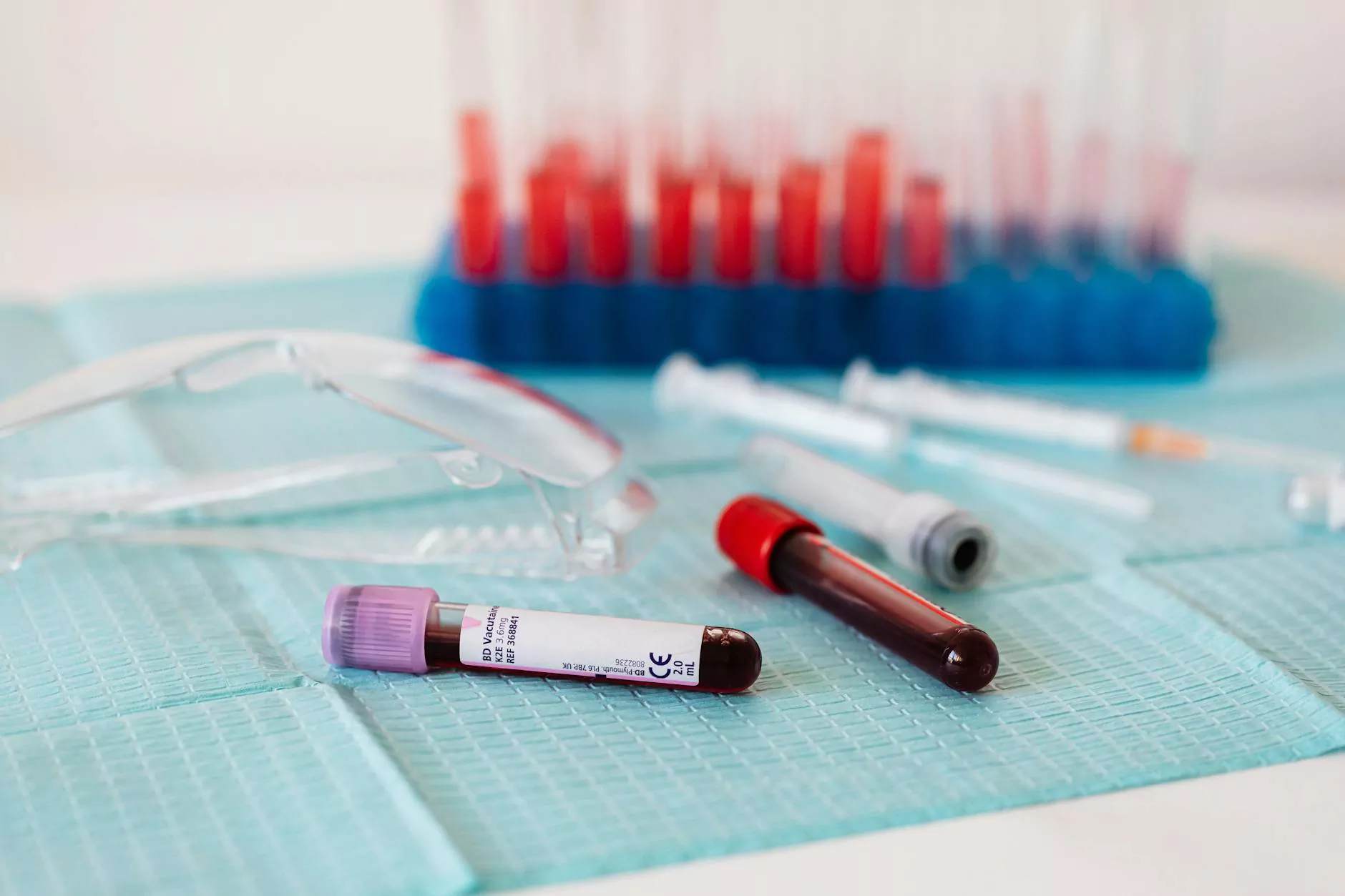Understanding Arthramid Vet Cost: Benefits and Insights for Horse Owners

When it comes to the health and wellness of our beloved horses, many owners are constantly seeking effective solutions to enhance their animals' performance and recover from injuries. One popular veterinary treatment that has gained significant attention is Arthramid. In this comprehensive guide, we will explore the arthramid vet cost, its benefits, and what horse owners need to know about this innovative treatment.
What is Arthramid?
Arthramid is a hydrophilic polymer-based product designed specifically for veterinary use. It is primarily used in treating joint issues in horses, such as arthritis and chronic lameness. The unique formulation of Arthramid makes it a highly effective solution for joint pain management and support.
The Importance of Joint Health in Horses
Joint health is crucial for horses, especially those that are active in competitions or work. As horses age or engage in strenuous activities, their joints can suffer from wear and tear, leading to inflammation and pain. Maintaining joint health is essential for their overall performance and quality of life.
How Arthramid Works
Arthramid functions by providing a cushioning effect within the joints. When injected, it acts as a lubricant, reducing friction between the joint surfaces and enhancing mobility. This viscoelastic material helps absorb shock and can significantly alleviate pain associated with joint issues.
The Costs Associated with Arthramid Treatment
Understanding the arthramid vet cost is crucial for horse owners considering this treatment. The costs can vary based on several factors, including:
- Geographical Location: Prices may differ depending on the location of the veterinary clinic and regional market rates.
- Veterinary Clinic Fees: Each clinic sets its fees based on their services and expertise.
- Dosage and Treatment Frequency: The amount of Arthramid required and the number of treatments may affect overall costs.
- Supplementary Treatments: In some cases, Arthramid may be used in conjunction with other therapies, which can impact total expenses.
Estimated Costs of Arthramid Treatment
On average, the arthramid vet cost can range from $300 to $600 per treatment session. Prices can increase if more than one injection is required or if additional veterinary services are provided alongside the treatment. It's important for horse owners to consult with their veterinarian to receive a tailored estimate based on their horse's condition.
Benefits of Using Arthramid
The advantages of utilizing Arthramid for joint health are numerous and compelling. Here are some of the key benefits:
- Long-Lasting Effects: Arthramid is designed to provide extended relief, often lasting several months.
- Non-Surgical Option: This treatment offers a non-invasive alternative to surgery, which can be risky and costly.
- Improved Quality of Life: Horses treated with Arthramid often show significant improvements in mobility and overall well-being.
- Minimal Recovery Time: Unlike surgical interventions, recovery from Arthramid injections is typically quick, allowing horses to return to their normal activities sooner.
Frequently Asked Questions about Arthramid
1. How often should Arthramid be administered?
The frequency of treatment can vary based on individual needs. Many veterinarians recommend re-evaluating the horse's condition after the initial treatment and deciding if additional injections are necessary. Typically, some horses may require treatment every 6 to 12 months.
2. Are there any side effects?
Arthramid is generally well-tolerated, but as with any treatment, there can be mild side effects. Some horses may experience slight swelling or discomfort at the injection site. Always consult with your veterinarian if you notice any unusual behaviors or symptoms post-treatment.
3. Can arthramid be used for all horses?
Arthramid is suitable for most horses; however, it’s essential to have a thorough examination by a veterinarian beforehand. Certain health conditions or allergies may affect the suitability of this treatment.
Choosing the Right Veterinarian for Arthramid Treatment
Selecting an experienced veterinarian is crucial to ensure the best results from Arthramid treatment. Here are some tips for choosing the right professional:
- Credentials: Verify the veterinarian’s qualifications and experience in administering joint treatments.
- Reputation: Seek recommendations from other horse owners and check online reviews.
- Consultation: Schedule an initial consultation to discuss your horse’s needs and the veterinarian’s approach to treatment.
- Follow-Up Care: Ensure the veterinarian provides ongoing support and education about aftercare and monitoring your horse’s progress.
Success Stories: Horses Thriving Post-Arthramid Treatment
Many horse owners have reported remarkable improvements in their animals' health following Arthramid injections. From competitive show jumpers to retired trail horses, the testimonials highlight the positive impact of this treatment. Horses that previously struggled with joint stiffness and pain often regain their mobility, leading to a happier, healthier lifestyle.
Conclusion
Understanding the arthramid vet cost and its benefits is essential for any horse owner seeking to enhance their horse’s joint health. With its non-invasive approach and long-lasting effects, Arthramid presents a compelling option for addressing common joint issues in horses. By investing in this treatment, you are taking a significant step toward ensuring a better quality of life for your equine companion.
For more information on Arthramid and other veterinary treatments, visit kihorsemed.com and stay informed about the best practices for maintaining your horse's health.









